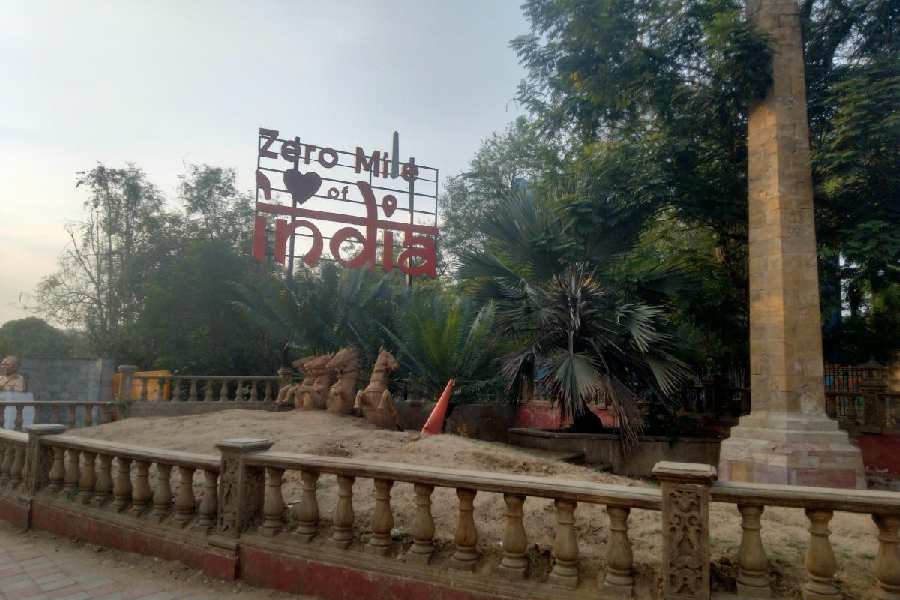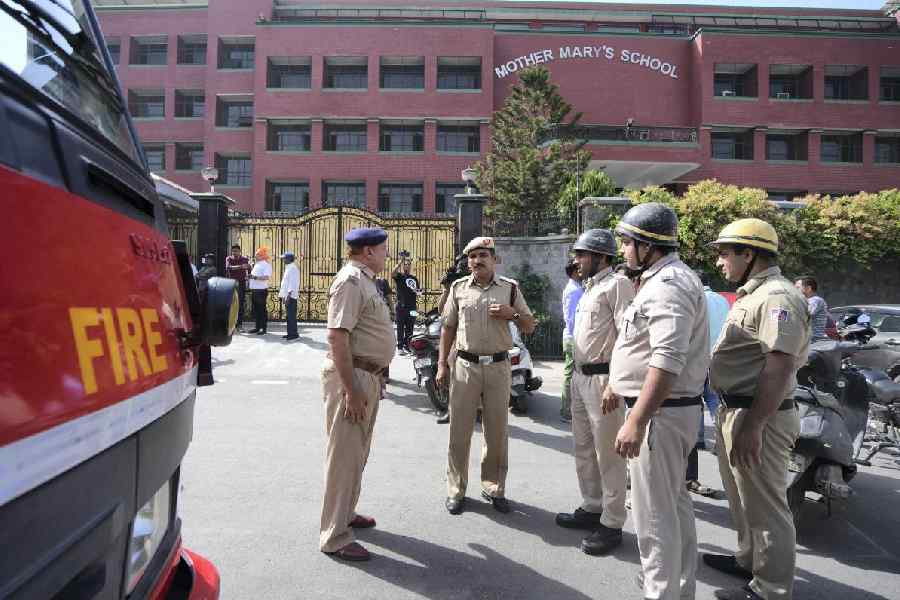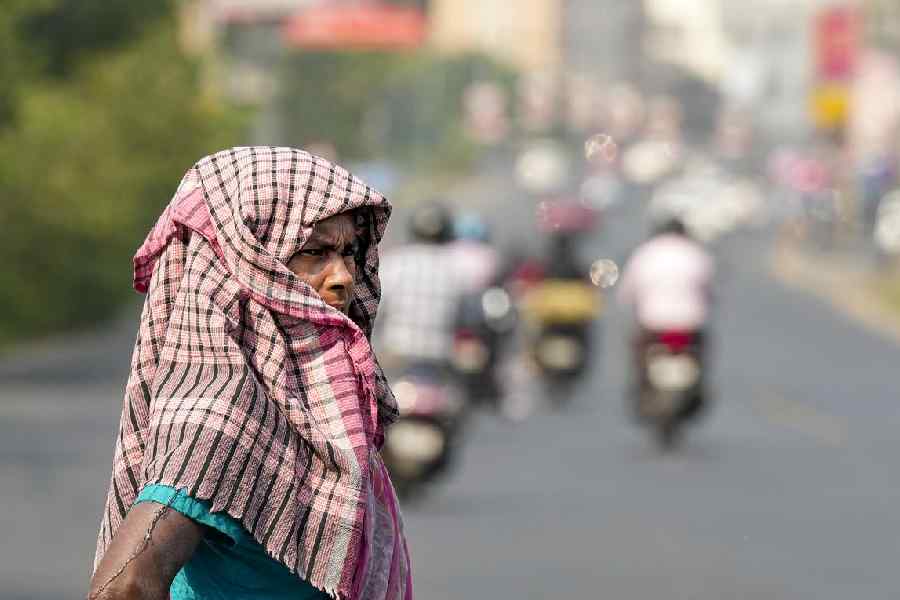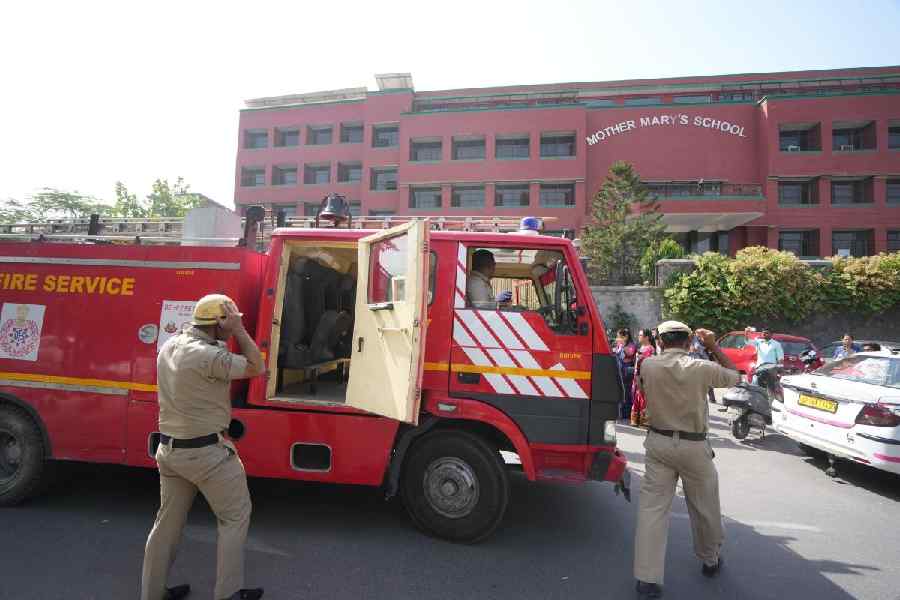Spread over the geographical centre point of India, described as Zero Mile, Nagpur city has seen many infrastructure development projects in the last 10 years like the metro rail, flyovers, cemented roads and piped water facility to all households.
The users of these facilities cut across caste and class and mostly acknowledge the
contributions by Nitin Gadkari, the sitting MP and Union minister for road transport and highways who is recontesting from Nagpur. Vikas Thakre is the Congress candidate for this seat where elections would be held on Friday.
Roadside panipuri-chaat vendor Gyan Singh says the city has witnessed “massive” development in the last ten years under Narendra Modi’s leadership. “Cement roads in lanes and sub-lanes, flyovers, metro train, proper illumination of roads and toilet facility for the poor. The poor get free food grains of five kg per person per month. The Modi government must get another term,” Singh said.
Price of development
Yet for auto rickshaw driver Bablu Shaikh, the facilities meant a financial blow to the poor. “We had a common tap. We used to get water free. Two years ago, the municipality removed the common tap facilities and gave individual household connections. I get a bill of around Rs 500 a month. The development means
more burden on the poor,” Shaikh said.
According to a report by the Tata Institute of Social Sciences titled Situational Analysis for Urban Poor in Pune, Nagpur and Bangalore, nearly 40 per cent of the population of Nagpur live in slums. There are about 427 slum pockets in the city. The slum dwellers have a strong say in the victory and loss of any candidate in this seat represented by Gadkari since 2014.
Sunil Humane said Gadkari had promised 24/7 water supply to every home when he first contested in 2014.
“Water comes for two hours in the day in our area, Gopal Krishna Nagar. You have to store water by using electricity. In Delhi, people get 200 units of electricity free. In Nagpur, the per unit cost of electricity is over Rs 6,” he said.
The city has metro railway since 2019. But the price of a ticket ranges between Rs 5 and Rs 50 depending on the distance. Nearly half of the seats remain vacant during the day.
“Metro train transport remains under-utilised. People need to have the ability to pay to travel in metro,” he said.
Gadkari back on trail
Amol Meshram, a resident of Nagpur and an IIT alumnus, remembered the announcement by Gadkari in September 2023 that he would not campaign in the elections in 2024. But Gadkari is busy in door-to-door campaigning in the city.
“If Gadkari was so confident about his victory, he should have avoided active campaigning as he had announced. But his campaigning shows that a section of voters are not happy,” Meshram said.
He said many flyovers have been built to benefit builders, the contractors and the cement factories.
“In many areas, there is no traffic but the flyovers have been constructed. For example, the flyover is being built in Nirmal Nagri to benefit a builder who has a mega housing project in the area,” Meshram said.
Caste conundrum
Despite being the headquarters of the Rashtriya Swayamsevak Sangh (RSS), the Nagpur constituency has been traditionally represented by the Congress till 2014.
Meshram said RSS does not have so many branches in the city because of strong influence of Ambedkerites.
The Neo-Buddhists have been supporters of Vanchit Bahujan Aghadi (VBA), an organisation headed by Prakash Ambedkar, the grandson of Bhimrao Ambedkar.
Though VBA is not in alliance with Maha Vikash Aghadi (MVA) comprising Congress, NCP (Sharad Pawar) and Shiv Sena (Uddhav), it has announced its support for
the Congress candidate in Nagpur.
Vikas Thakre is from the Kunbi or peasant community belonging to Other Backward Classes (OBC). In 2019, Gadkari had defeated Nana Patole, an OBC leader, of the Congress. However, Patole is not from Nagpur while Thakre is a local.
Meshram said the Bahujan Samaj Party has the support of a section of the Scheduled Castes. Muslims mostly would vote against BJP too as they are unhappy with its communal politics.
“It is not a very smooth ride for Gadkari this time. Actually, there is a strong undercurrent against him,” Meshram said.
Zero Mile pride
Haribhau Jamunkar, a farmer from Wardha district who had come to Nagpur, said Nagpur has been the reference point for describing any city since the British period. The people will not allow unbalanced politics.
“The present government at the Centre is dividing the society by religion. People are watching it,” he said.
Nagpur votes today










